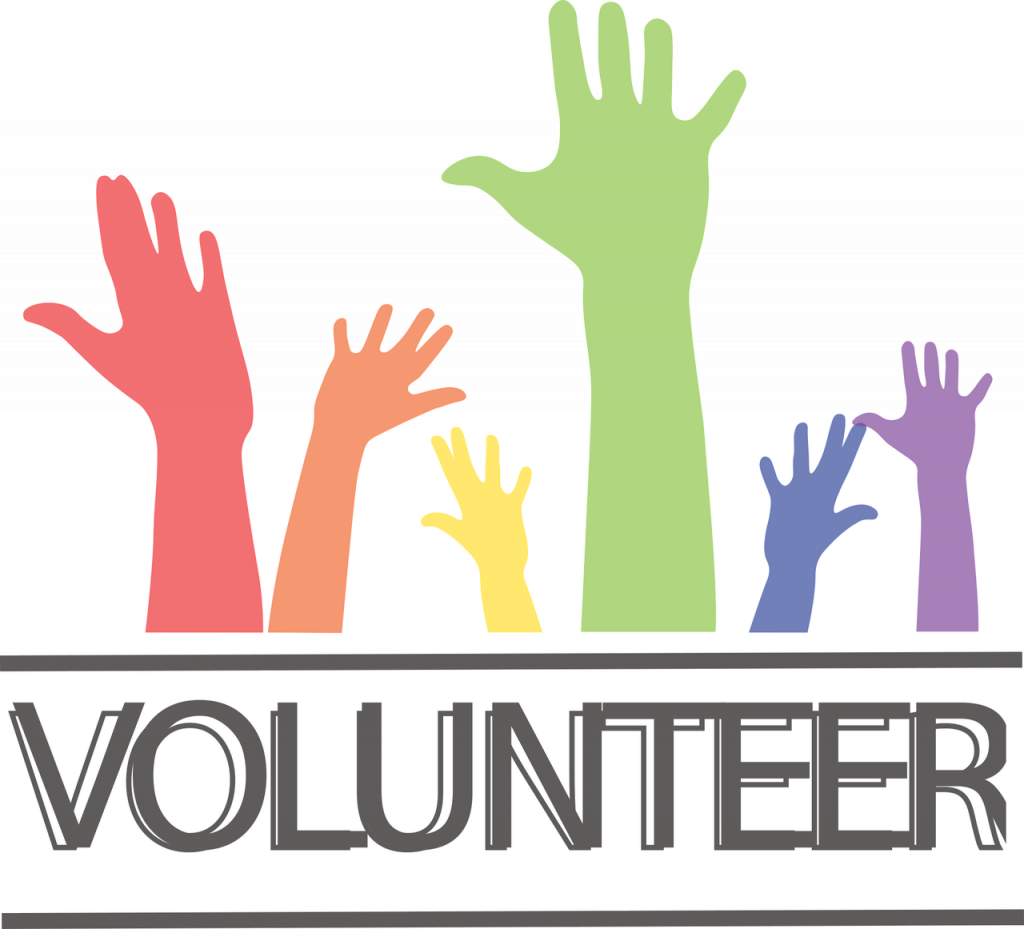 There are many ways that students learn and use their knowledge in the classroom, but learning can also be extended outside of school hours when kids participate in service projects (also called service learning projects).
There are many ways that students learn and use their knowledge in the classroom, but learning can also be extended outside of school hours when kids participate in service projects (also called service learning projects).
What is Service Learning?
Service learning is a teaching practice that takes instruction out into the community. Students performing service learning projects develop or participate in community initiatives that improve infrastructure or society. Service learning is a service to the community, and while it’s great that teachers can and do assign projects to students or help students discover what types of service projects they are interested in, you, as the parent, can also help your child understand both the importance and the social impact achieved in service learning projects.
Some places to look for service projects to participate in are local schools, libraries, and community centers. You will need to gauge the level of difficulty of a project and whether or not you will need to participate as both a supervisor and empowering figure for your child.
While some younger students may need guidance, and all students should be supervised to an appropriate extent, they are all certainly capable of participating in or even starting charity drives, community clean-up initiatives, and positive environmental impact campaigns.
Some of the most popular service learning projects to do in or around the community include…
- volunteering,
- mentoring, and
- fundraising.
When students participate in service learning, they will likely need to communicate with local government departments to make sure that their projects do not violate local laws. For example, if your child plans to distribute meals to the elderly or homeless individuals from home, he or she will likely need to follow local rules set out by a local government department, such as the Department of Agriculture, Department of Aging, or Department of Homeless Services.
How to Start Service Projects
If you cannot find the type of service project you are seeking, you and your child can start your own. Remember that service learning can come in a variety of forms and provide different learning objectives, so it really is up to you and your child to pick a service project that best fits your goals and experience.
- Take a minute to brainstorm. Before your child gets started on research for a service learning project, it is a good idea to show him or her examples of what service learning can accomplish. This will help gauge the students’ interest in certain types of projects.
- Start with some research. Research can be done in a library, but it is even more constructive for your child to go out into the community and take notes and photos of what may need improvement. Keeping a written or photographic journal of a service learning project will also help your child develop narrative communication skills.
- Create a plan. Once your child has had a chance to look at things in the community, then he or she can develop a plan. Younger students may need help with the planning process, and you may need to help your child interact with local government offices.
- Go out and get started. Once your child has a plan, then he or she can get the materials to get started. For example, if your child has decided to commit his or her weekends to picking up litter in and around the neighborhood, then you will want to make sure to provide your child with safety equipment, such as gloves and garbage bags, and any necessary supervision.
- Take a minute to analyze and reflect. While the project is ongoing, make sure your child is keeping notes on his or her expectations, progress, and revisions. This part of the process helps students to understand the impact he or she has made in the community as well as develop note-taking, writing, budgeting, and communication skills.
If your children decide to start a service learning project, make sure to check in on them and be engaged in the development and maintenance of that project. Your engagement will also help your children to see the value of the impact they can have on the community.
Are service projects different where you’re from? Tell us about your service learning experiences!
Author: Nicole Acevedo, Teacher Manager, A Grade Ahead

One response to “Help Kids Learn with Service Projects”